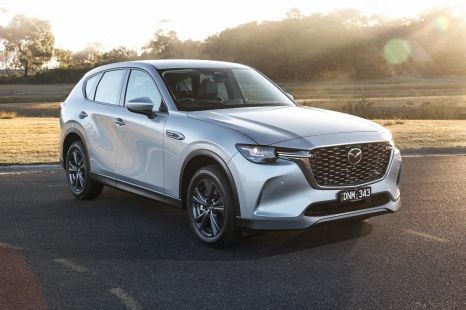

Josh Nevett
3 Days Ago
Australian startup EVX is partnering with a UK firm to roll out 1000 kerbside chargers between now and 2024, designed for "long-dwell" EV charging.

News Editor
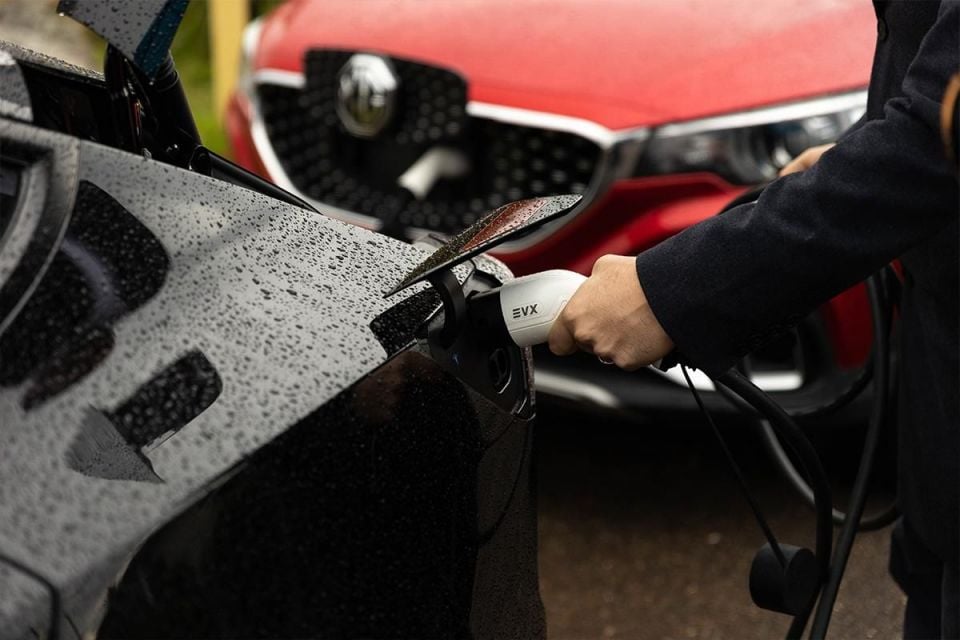

News Editor
Two electric vehicle charging infrastructure providers are partnering to roll out 1000 charge points in the next 24 months on Australian streets.
EVX, founded by two Australian electricians, will partner with UK-based Connected Kerb to use the latter’s kerbside charging technology.
The company says the first units will be commissioned and ready for use by the public during the first quarter of 2023.
Connected Kerb has developed a charge point that integrates the socket into “street furniture” such as bollards, while keeping the power and data pack in a protective steel box underground.
It already has 10,000 public on-street charging points across the United Kingdom, with contracts to add a further 30,000 by the end of 2022.
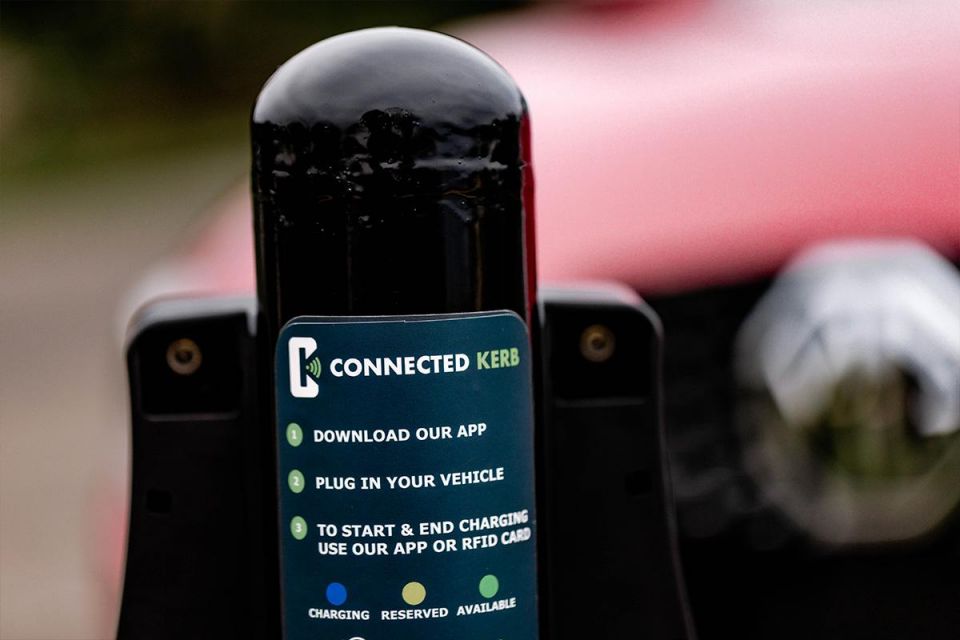
EVX’s goal is to use this technology to transform what it refers to as the landscape of long-dwell charging, where an EV is parked for at least 1-2 hours.
The company says this type of charging fills a gap in existing infrastructure, particularly for EV owners who don’t have off-street parking.
It says the passive below-ground infrastructure allows for above-ground charging points to be installed without the investment of any additional infrastructure or substations.
“I think there needs to be a mindset shift. Australians have been used to getting fuel for their vehicles in an instant but as we transition to EVs at scale, EV charging infrastructure needs to serve both fast and long-dwell scenarios,” said EVX co-founder, Sean McGinty.


“We understand the availability of public EV charging points is one of the primary barriers to making the transition away from petrol or diesel-powered cars towards electric vehicles, and we’ve made it our mission to take the lead in removing this barrier here in Australia.
“This is an exciting partnership for EVX. Our integration of Connected Kerb’s technology and product is a first for Australians and will revolutionise the way we charge EVs – particularly in public kerbside applications, which is an area of significant need.”
EVX hasn’t confirmed the charge rate for these points but on its website it lists two different long-dwell charge points that could be installed by the kerbside, both of which offer a single or dual-charge socket with either 7kW or 22kW.
The company also offers two wall-mounted charge points. All are designed to be discreet and blend in with the scenery.
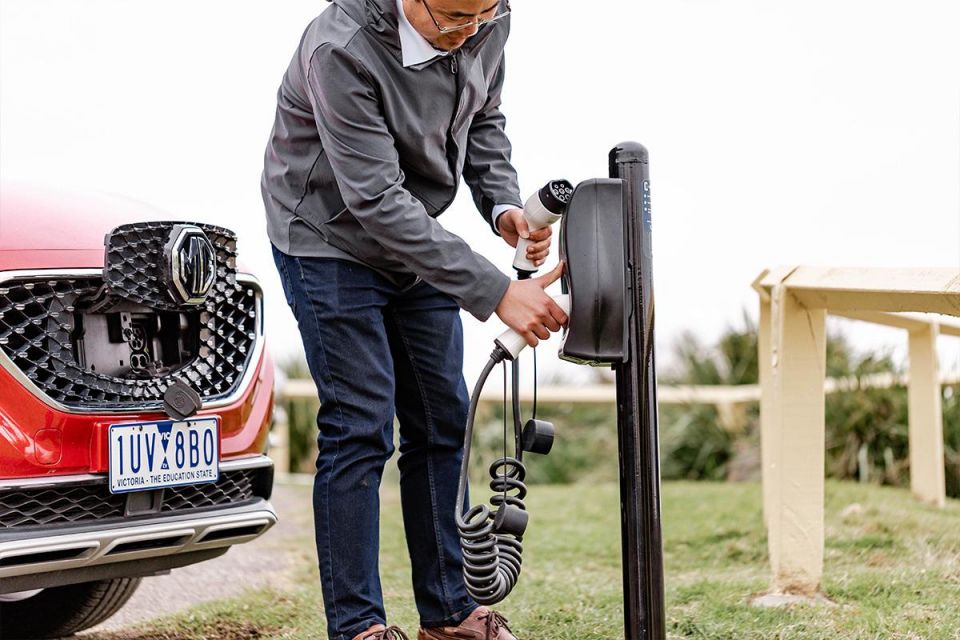
Any kerbside charger installation is going to require the sign-off of local councils, and it remains to be seen whether EVX can achieve its ambitious goal within the specified timeframe.
There’s already been considerable activity in the kerbside EV charger space, however, at least in New South Wales.
The Australian Renewable Energy Agency (ARENA) has announced it’s partially funding a trial for 50 electric vehicle (EV) chargers to be installed on kerbside power poles across nine local council areas.
The Federal Government’s ARENA has pledged $871,000 in funding to the trial, which is projected to cost just over $2 million in total.
This trial is being lead by Australian and New Zealand-based utility services company Intellihub and will be supported by Schneider Electric, which will supply 7.4kW EV chargers suitable for “convenient top ups and overnight charging”.

Origin Energy will also be supplying the EV chargers with renewable energy, and the charging service will be managed by EVSE.
Intellihub said there’s potential for 190,000 kerbside power pole EV chargers across Australia, and it also estimated that just one of the on-street chargers could service 10 households that don’t have access to off-street parking.
In The Rocks neighbourhood of Sydney, there are already a number of EV chargers installed on parking machines.
New South Wales power company Endeavour Energy’s existing roadside substations will also double as “free and fast” public EV chargers, via a new deal with Australian startup JOLT.
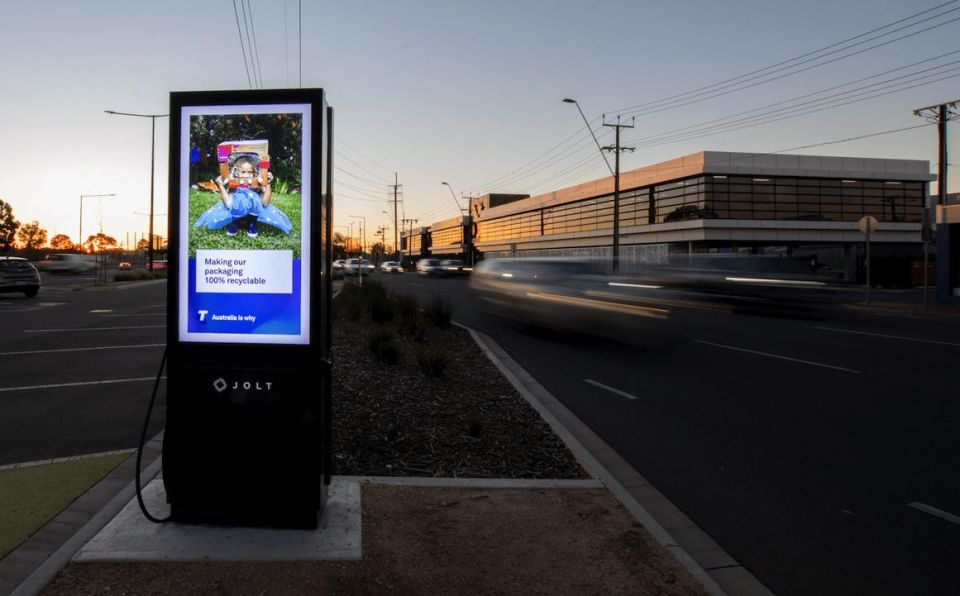
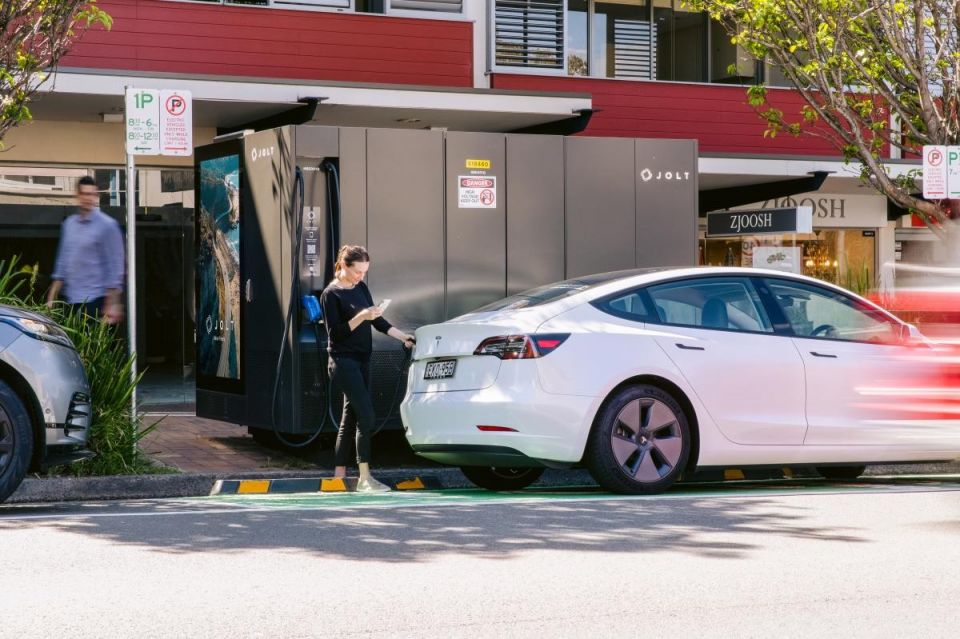
In addition to ARENA pledging money towards this particular trial on behalf of the Federal Government, the New South Wales State Government pledged more funding for EV chargers in its 2022-23 Budget, to the tune of an additional $38 million.
This State Government-based funding includes $10 million to co-fund 500 kerbside charge points, $10 million to co-fund 125 medium to large apartment buildings with more than 100 car parking spaces to make EV charging electrical upgrades, and $18 million for more EV fast charging grants to speed to speed up the rollout of stations.
William Stopford is an automotive journalist based in Brisbane, Australia. William is a Business/Journalism graduate from the Queensland University of Technology who loves to travel, briefly lived in the US, and has a particular interest in the American car industry.


Josh Nevett
3 Days Ago
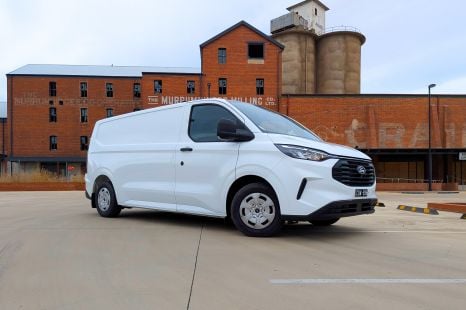

William Stopford
3 Days Ago
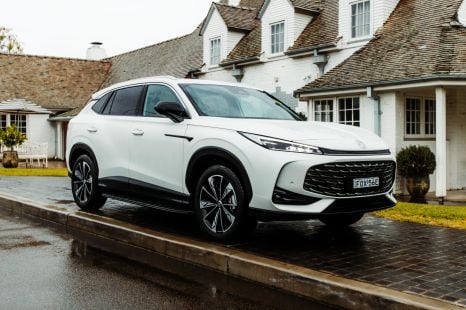

James Wong
1 Day Ago
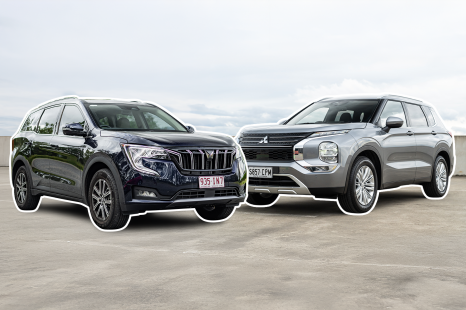

Andrew Maclean
21 Hours Ago


Max Davies
13 Hours Ago
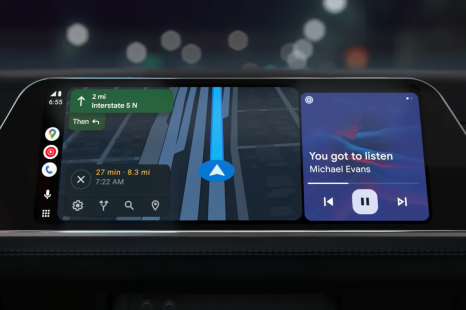

Derek Fung
12 Hours Ago